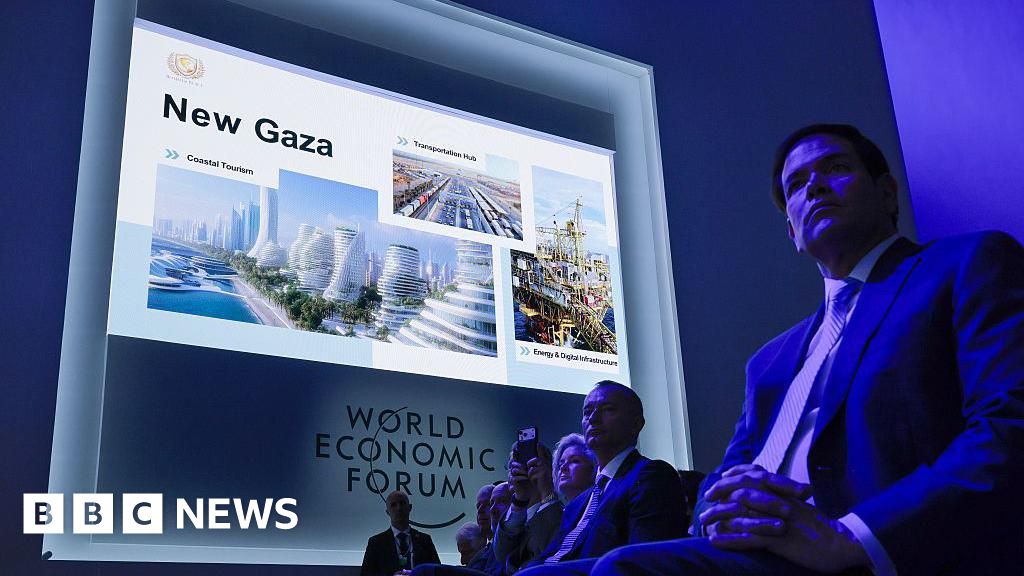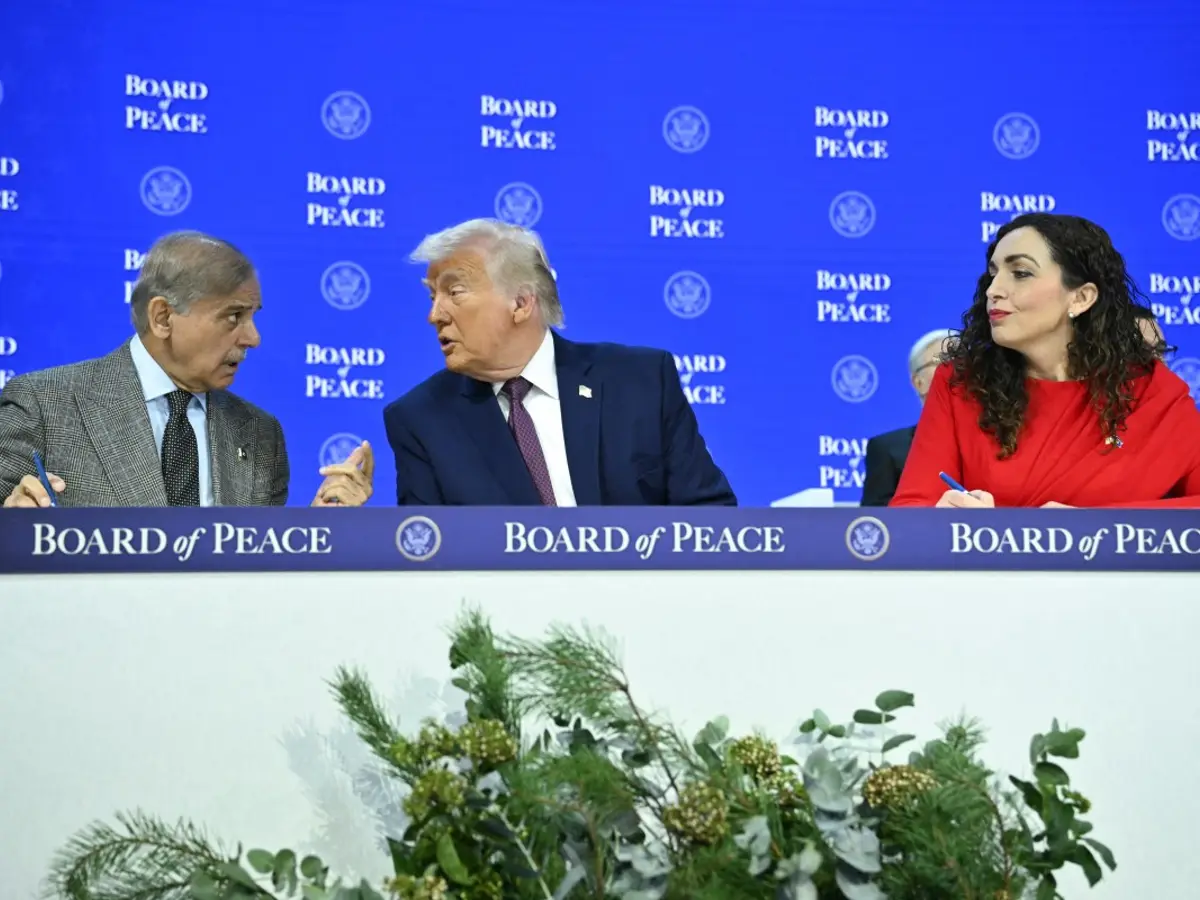Donald Trump withdrew on Thursday an invitation for Canada to join his “board of peace” initiative aimed at resolving global conflicts.
“Please let this Letter serve to represent that the Board of Peace is withdrawing its invitation to you…

Donald Trump withdrew on Thursday an invitation for Canada to join his “board of peace” initiative aimed at resolving global conflicts.
“Please let this Letter serve to represent that the Board of Peace is withdrawing its invitation to you…

This roundup of The Conversation’s climate coverage was first published in our award-winning weekly climate action newsletter, Imagine.
“Observing Greenland from a helicopter,” one scientist wrote last year, “the main problem is one…

 Getty Images
Getty ImagesThe US has unveiled its plans for a “New Gaza” that would see the devastated Palestinian territory rebuilt from scratch.
Slides showed dozens of skyscrapers…

On the sidelines of the World Economic Forum in Davos, US President Donald Trump formally signed the Board of Peace charter with 19 founding members. The representatives of the countries supporting the organisation established to resolve…